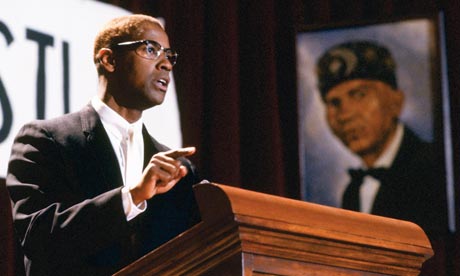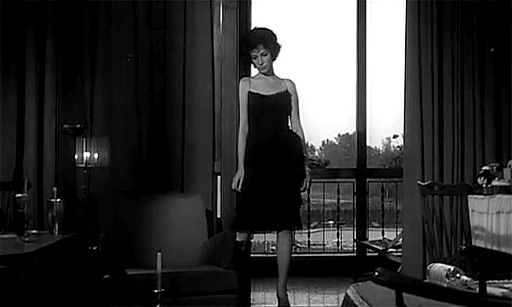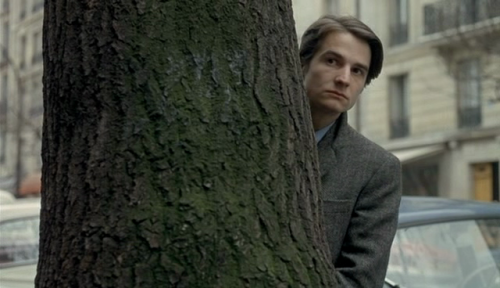Director: Alex Gibney
Here is a true story that is utterly compelling. A man dedicated to getting Wall Street and white-collar crimes in order, leads a crusade to change the game and gets taken down in humiliating fashion by those heavily invested in the game he was trying to fix. Eliot Spitzer is known more for being the ex-Governor of New York who solicited high class prostitutes, and less as the man who tried to get Wall Street to stop committing the crimes that eventually led us to the Great Recession. And no this is not a story about how a great man was undone by his own personal discretions. Yes he should not have been doing what he was doing with those call girls, but this story is much bigger than that.
This is a story about the actions Spitzer took against Wall Street bankers and his rival Republican lawmakers in Albany and how those actions were what contributed to his fall. The story is quite mythic actually, Spitzer himself compares the story to Icarus. I found myself wondering what kind of lessons someone can learn from this. There are few positive lessons that's for sure, but it's more of a lesson on how the game works, and the only thing we can do about it is make sure people know about it so if things like this do happen again, the media will have the suspicion and actually do some reporting to find out if it's more than just a sex scandal. Now, the only thing about this documentary is that if you know the story already, the movie won't add a whole lot more to your understanding of it, the greatest aspect of it is easily the story and not the documentary filmmaking by Gibney, but if you're not familiar with this very important tale, then it's a must-watch.
Grade: B+












